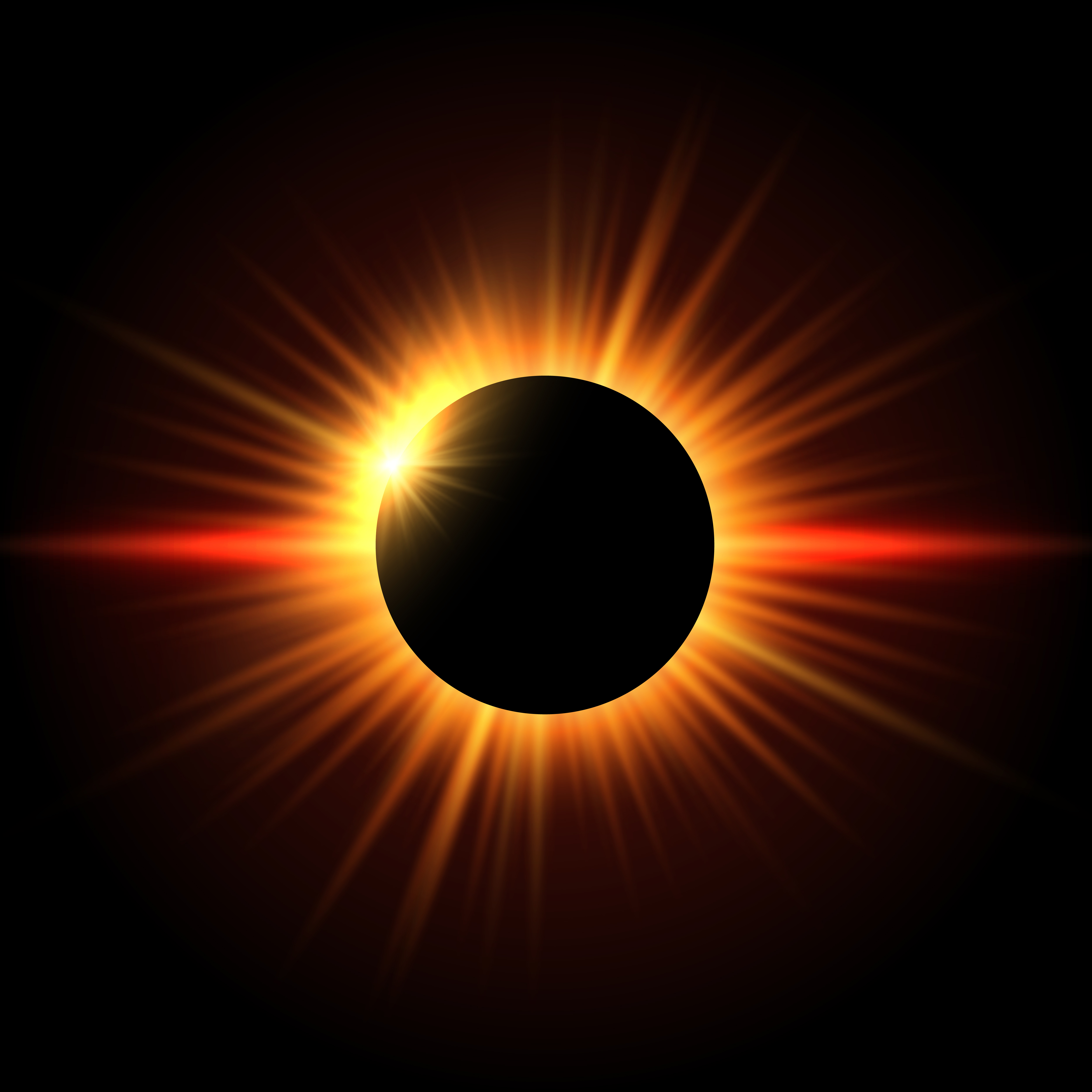The total solar eclipse will darken the sky for millions as the moon passes in front of the sun. This will be the last total solar eclipse that can be seen from the contiguous U.S. until 2044.
The George Washington University has experts available to discuss how to safely view the eclipse, the science behind how this happens and the history. If you would like to schedule an interview, please contact the GW media team at gwmedia gwu [dot] edu (gwmedia[at]gwu[dot]edu).
gwu [dot] edu (gwmedia[at]gwu[dot]edu).
Health
Keith Wroblewski, is a board certified ophthalmologist and an associate professor of Ophthalmology at the GW School of Medicine and Health Sciences. He can talk about safe ways to view the eclipse to protect your eyes.
Astrophysics/History
Alexander van der Horst is an associate professor of physics and deputy chair of the Physics Department. His expertise includes high-energy astrophysics, cosmic transients, multi-wavelength observations, computational modeling, gamma-ray bursts, and magnetars.
-GW-


